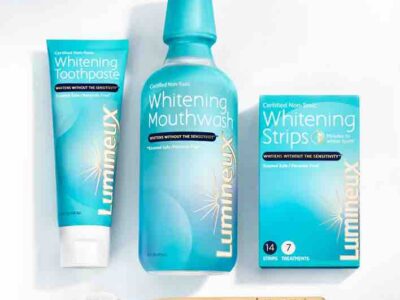Don’t forget to take your vitamins! Today, over half of Americans take some type of supplement to augment their diet, usually a multivitamin.
Doctors and health experts agree that it’s best to get your vitamins and minerals naturally from a healthy and balanced diet, but supplements can reinforce dietary shortfalls.
Care should be taken, especially for certain vitamins, as a deficient or excess amount can result in serious symptoms.
Vitamins and minerals are nutrients that are essential for proper bodily function, vitamins being organic and minerals inorganic. There are 13 vitamins and 13 minerals that the body needs. The vitamins are A, B1-B3, B5-B7, B9, B12, C, D, E, and K. Vitamin C and all the B vitamins are water-soluble and are not stored in the body, as the excess amount is passed via the urine and sweat. Vitamins A, D, E, and K are fat-soluble and can be stored in fatty tissue and the liver. Fat-soluble vitamins carry a higher risk of toxicity due to their longer-term storage potential within the body. Dietary fats allow for the absorption of fat-soluble vitamins through the intestinal tract. The 13 essential minerals are calcium, sodium, potassium, chloride, magnesium, phosphorus, iodine, iron, zinc, copper, manganese, sulfur, and selenium. Minerals are classified as electrolytes, common in sports drinks to replenish losses from sweat and trace minerals. Without vitamins and minerals, our bodies couldn’t generate new cells, repair damaged tissue, or convert ingested food into energy. Daily recommended doses are minimal quantities, milligrams to micrograms per day, but the effects of deficiency or excess can impact health.
A balanced and healthy diet consisting of fruits and vegetables, nuts, seeds, beans, lentils, and whole grains should provide the vitamins and minerals that our body needs. “The benefits [of proper vitamin/mineral intake] can include increased energy, healthier hair and skin, and prevention of heart disease, cancer, and other chronic diseases.”
Processed foods such as white rice, white bread, and sugar, which may be more convenient to prepare, are low in vitamins and minerals. Unfortunately, the typically busy lifestyle that many Americans lead can impact the proper nutritional intake necessary for a healthy body. “Studies show that regular intake of a multivitamin is associated with a lower cancer rate and is especially beneficial to prevent a cancer recurrence.” At certain points in life, the need for vitamins and minerals can be enhanced, such as for seniors to arrest the cognitive decline and for pregnant or menopausal women. Some medications can affect nutrient absorption, and one should consult their doctor to evaluate and adjust for their specific needs. A blood panel should be performed annually, where your doctor can see vitamin and mineral deficiencies or excess.
The Food and Drug Administration (FDA) does not strictly regulate nutritional supplements because they are classified as food products, not medicines. Therefore, care and research should be used when selecting a multivitamin or supplement with regards to quality, amount, and the form in which it’s delivered. Brands manufactured in the US, Europe, and Canada have stricter standards generally, and consumers should look for an independent third-party analysis. With proper research and consultation with medical professionals, individuals can determine which supplements, if any, are appropriate for their specific needs. Here’s to your health!





